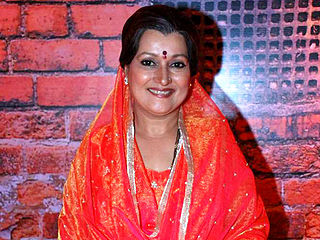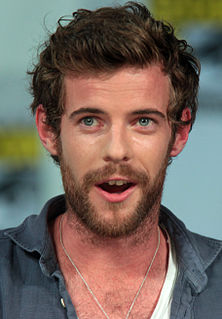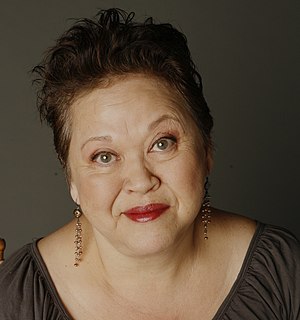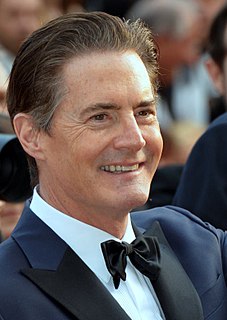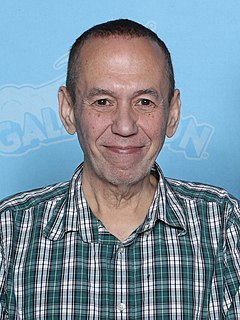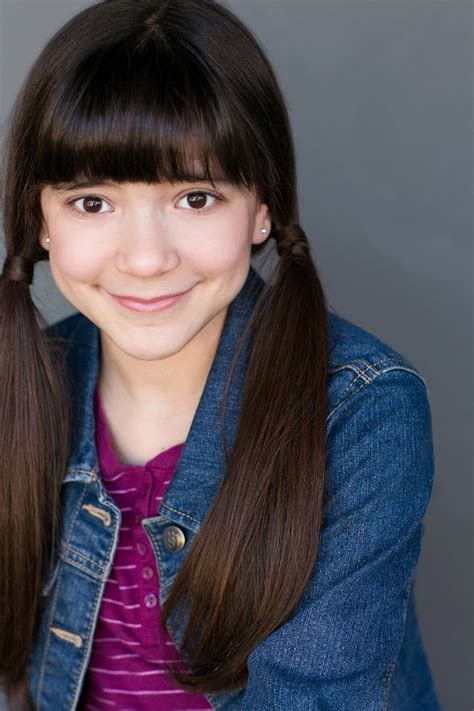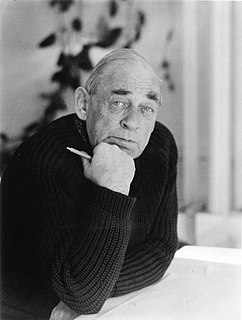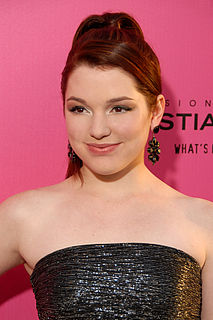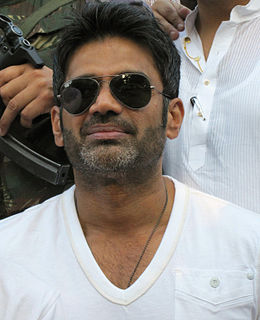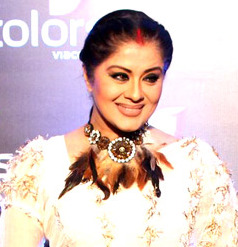A Quote by Himani Shivpuri
I have touched all genres, be it comedy, tragedy or negative roles.
Related Quotes
Comedy is an intellectual affair, and deals chiefly with logic. Tragedy is an emotional affair, and deals chiefly with value. Horace Walpole once said that "life is a comedy to the man who thinks and a tragedy to the man who feels." Comedy is negative; it is a criticism of limitations and an unwillingness to accept them. Tragedy is positive; it is an uncritical acceptance of the positive content of that which is delimited. Since comedy deals with the limitations of actual situations and tragedy with their positive content, comedy must ridicule and tragedy must endorse.
I've had a chance to really stretch and do a lot of different genres. When I started acting, my whole focus and intention was to work as a stage actor in a company where you're asked to different roles - do a comedy, do a tragedy, etc. I haven't had any reservations about jumping from one type of genre to another.
I have always felt comedy and tragedy are roommates. If you look up comedy and tragedy, you will find a very old picture of two masks. One mask is tragedy. It looks like it's crying. The other mask is comedy. It looks like it's laughing. Nowadays, we would say, 'How tasteless and insensitive. A comedy mask is laughing at a tragedy mask.'
I have always felt comedy and tragedy are roommates. If you look up comedy and tragedy, you will find a very old picture of two masks. One mask is tragedy. It looks like its crying. The other mask is comedy. It looks like its laughing. Nowadays, we would say, How tasteless and insensitive. A comedy mask is laughing at a tragedy mask.
I really loved working on comedy. Most of my roles have been very dramatic and involved lots of emotional work and crying on cue. I do really enjoy those roles because you really feel accomplished at the end of the day but they are very emotionally draining! Working on a comedy show is just fun and at the end everyone is laughing! But I am open to all roles and genres just being on a set and being a part of the magic is what I love most!
Tragedy massages the human ego even as comedy deflates it. ... Tragedy pits us against large foes and the trip wire is our own character. ... In comedy we fall afoul of one another. Comedy depends on social life, on our behavior in groups. In tragedy you can observe one human against the gods. In comedy it's one human versus other humans and often one man (or woman if I'm writing it) against her own worst impulses.
